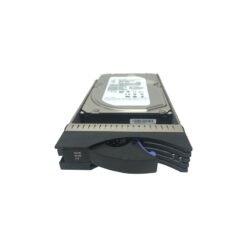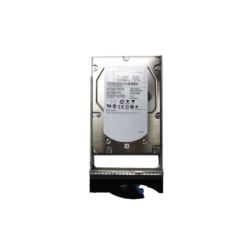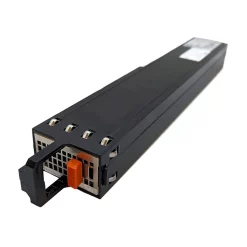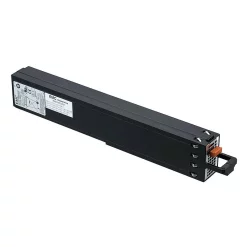The Importance of Timely EqualLogic Battery Replacement
In the fast-paced environment of IT infrastructure, the need for reliable and efficient hardware cannot be overstated. EqualLogic arrays by Dell are no exception. Integral to the operation of these storage arrays are the cache batteries, which are essential for preserving data integrity during unexpected power losses. While it’s easy to overlook these components, delaying their replacement can cause both financial and operational setbacks.
Understanding the Role of EqualLogic Cache Batteries
Cache batteries in EqualLogic arrays serve as a temporary power source to save cached data. In the event of a power outage, these batteries ensure that any unwritten data is preserved until power is restored. This critical function underscores the importance of maintaining fully operational batteries in your storage infrastructure.
Specifications of Common EqualLogic Batteries
| Battery Model | Voltage | Current Rating (mAh) | Lifespan (years) |
|---|---|---|---|
| Type A123 | 7.2V | 3000mAh | 3-5 |
| Type B456 | 3.6V | 1000mAh | 2-4 |
The Hidden Costs: Financial Implications
One of the most immediate hidden costs of delaying battery replacement is the financial impact. A failed battery can lead directly to data loss, which in turn, results in downtime. This downtime can have significant consequences in terms of lost productivity and, consequently, revenue. Moreover, emergency data recovery efforts can skyrocket operational costs.
Increased Maintenance and Repair Costs
Older batteries are more susceptible to failure, which can prompt unplanned maintenance. If an array’s cache battery fails unexpectedly, it may necessitate unscheduled labor or expedited shipping of replacement parts, both of which incur premium rates. Thus, routine maintenance and timely battery replacement extend the lifespan of the equipment and reduce costs associated with emergency repairs.
Indirect Financial Consequences
Beyond direct financial losses, companies might face indirect costs such as damage to brand reputation. Customers relying on your services may experience setbacks due to your downtime, potentially leading to long-term trust issues or loss of business.
Operational Risks: Data Integrity and Security
Delaying battery replacement poses significant risks to data integrity. In the event of a power outage, a faulty battery would be unable to perform its critical function, increasing the risk of data corruption. Regular replacements ensure data remains consistent and secure across all storage efforts.
Impact on Business Continuity
Business continuity plans are designed to protect operations in disruptive times. A compromised EqualLogic array might jeopardize business continuity, highlighting the need for proactive measures. Ensuring battery functionality is a simple step towards steadfast operations.
Proactive Measures: Creating a Battery Replacement Schedule
An effective strategy for avoiding the hidden costs associated with battery failure is the creation of a proactive maintenance schedule. By regularly assessing the health and performance of your storage array’s batteries and scheduling timely replacements, you minimize the risk of unforeseen disruptions.
Tools for Monitoring Battery Health
Many modern storage management tools offer insights into the health status of batteries in real-time. Leveraging these technologies allows IT managers to respond to potential issues proactively. Regular battery tests can further enhance predictive maintenance practices.
Economic Justification for Routine Replacement
The costs associated with preventative maintenance pale in comparison to those incurred due to unexpected hardware failure. By investing in timely battery replacements, companies safeguard themselves against the unpredictable expenses of data loss, emergency response, and potential damage to customer relationships.












